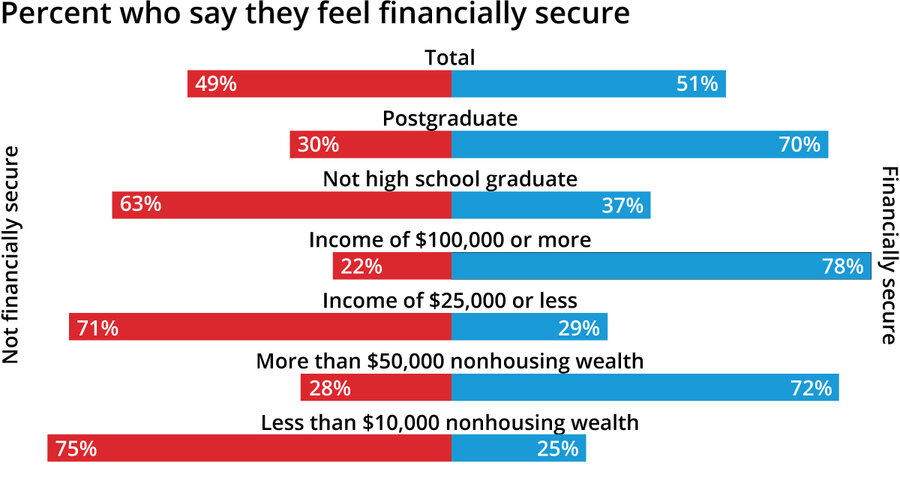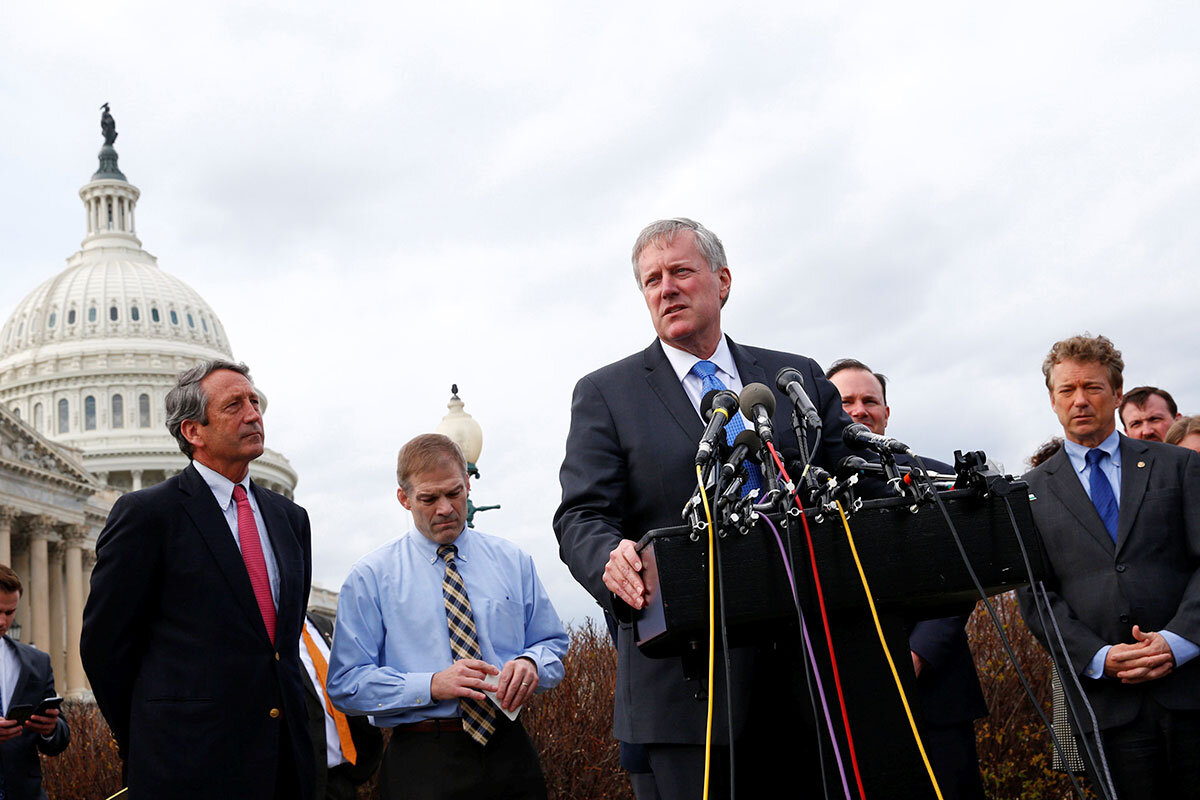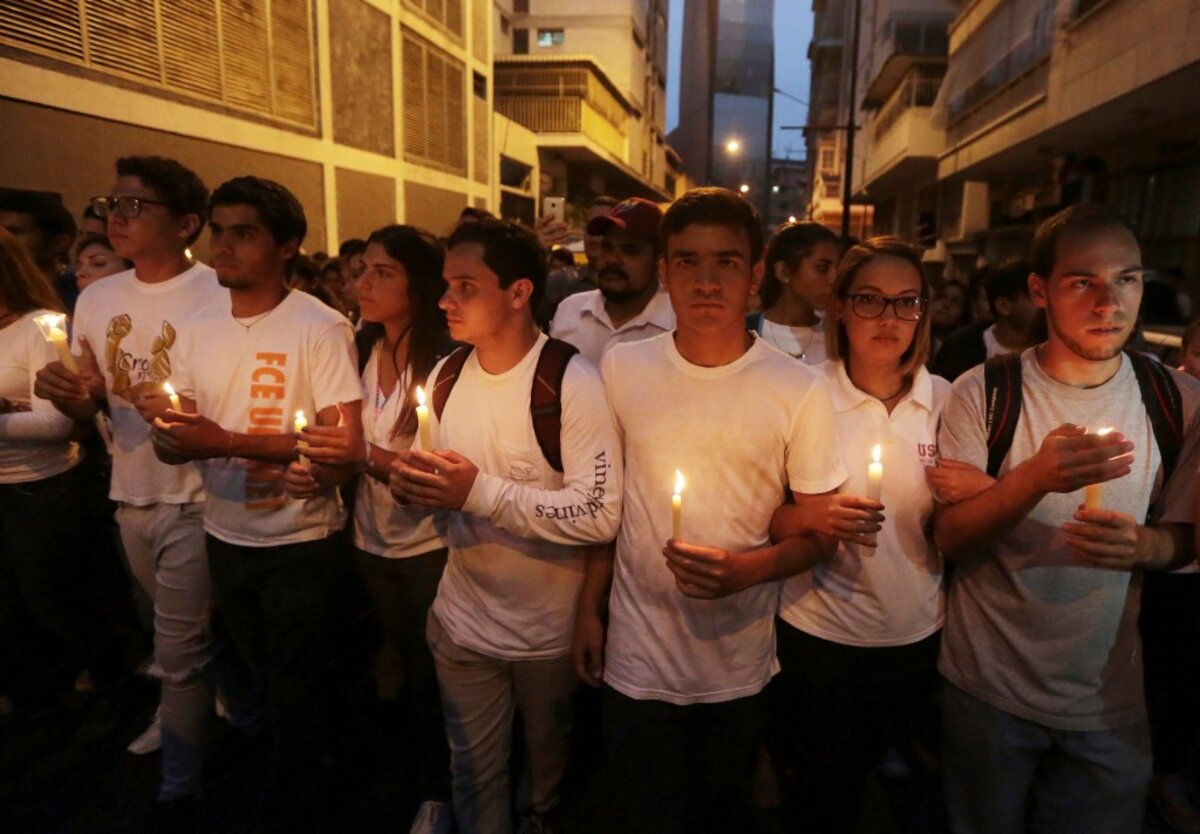Economic data has clear value. It also has limits. Today’s flurry of indicators seemed to us an opportunity to look at why traditional barometers like jobless rates and wage growth may no longer paint an accurate picture of how Americans are feeling financially.
Monitor Daily Podcast
- Follow us:
- Apple Podcasts
- Spotify
- RSS Feed
- Download
 Clayton Collins
Clayton Collins
What is the internet?
That’s a pretty meta question for a Friday night, but it’s one that you might consider as you tap and click your way into another weekend of streaming, shopping, and … well, at this point, just about everything else.
In the coming weeks, the Trump administration is poised to try to roll back another of the Obama administration’s policies. The noise that you’ll hear as a May 18 FCC proposal on internet regulation nears will be starkly political – all about competition, censorship, jobs.
Expect the “net neutrality” debaters to use creative metaphors to cast the internet in a couple of different ways: the way a utility works (with the flow of content pulled by customers) or the way retail works (with the terms of its flow dictated more by the companies that push it). The metaphor that wins favor may help determine the outcome of the attempted rollback. A deeper issue: As the internet nears true utility status, should the real focus be on providing the best access to the most people?
Now to the five stories we’ve chosen for you today.











